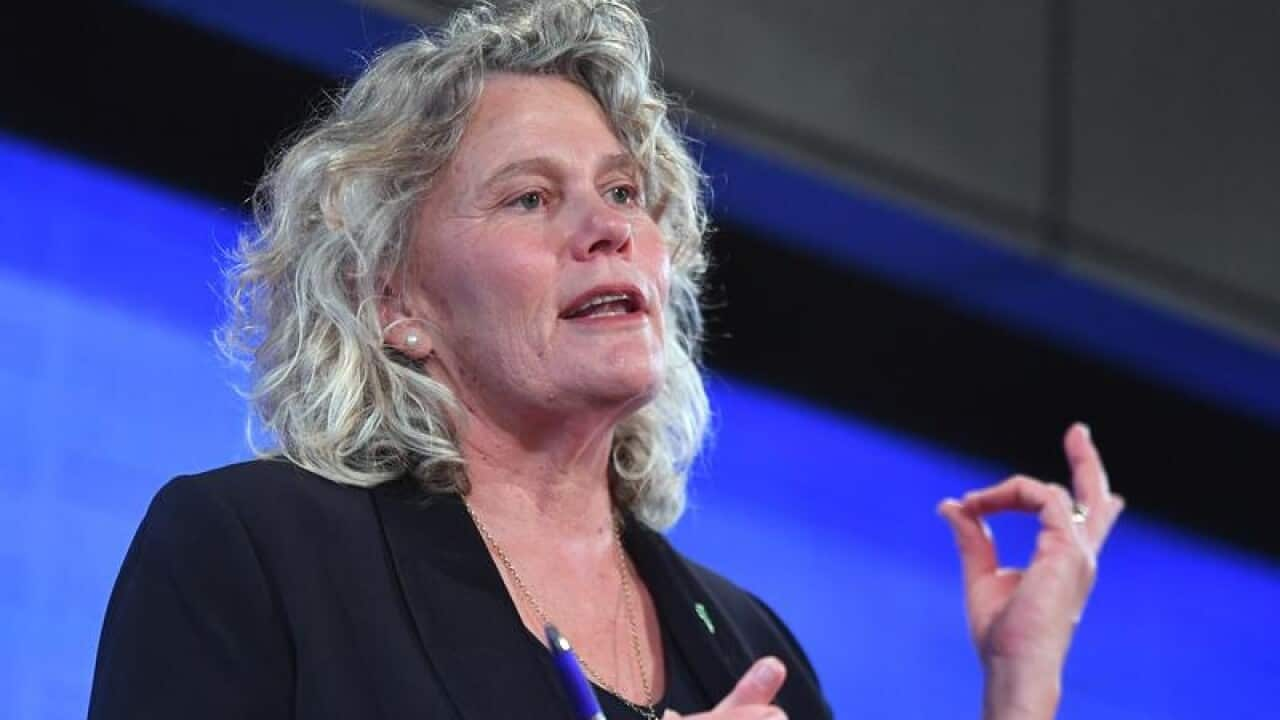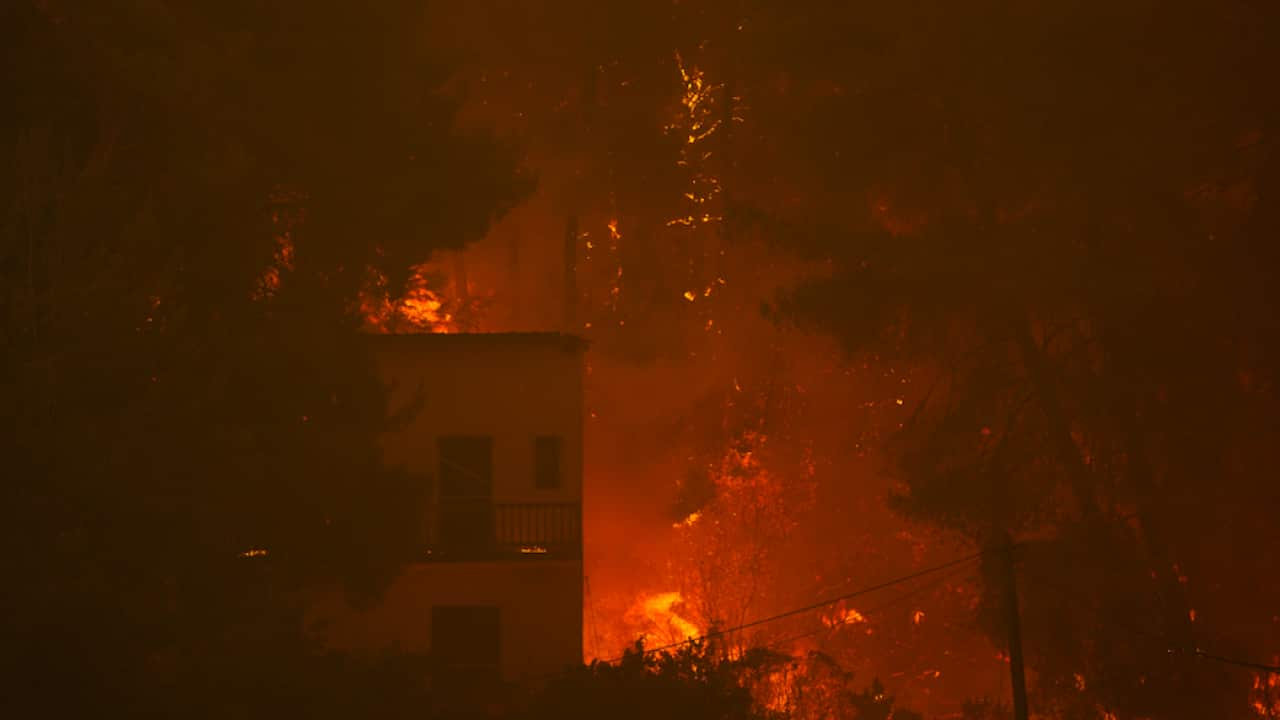Whether the Australian government will commit to a bolstered climate change policy ahead of COP26 remains undecided as the federal cabinet meets to debate the plan.
Negotiations between the Liberals and Nationals have been in overdrive this week with Prime Minister Scott Morrison trying to lock down the policy ahead of the climate summit in Glasgow.
Cabinet leaders were meeting Wednesday to discuss whether the Coalition would commit to a net zero emissions target by 2050.
But senior members of the Nationals continue to warn that no deal has been cemented to formally sign off on the long-disputed target with their party-room expected to consider the proposal on Sunday.
In order to shore up support from the 21-member Nationals party, the roadmap is expected to focus on incentives and a technology-driven approach.
Speaking before the meeting, cabinet minister Bridget McKenzie said the Nationals' support of any proposal continued to hinge on its impact on regional Australia.
"The National Party is meeting on Sunday. So there can't be any deal, as we have shown for over 14 years. On this particular topic. There is no deal. Unless it's right at the regions," Senator McKenzie told ABC Radio on Wednesday.
Agriculture Minister David Littleproud - who has seen the plan - also said the Nationals reserved their right to make a determination on the proposal.
“No individual will be making any deal. It'll be a deal with the National Party party-room,” he told Sky News.
“[But] the Prime Minister has given the National Party much comfort by the fact that he said that regional rural Australia won't foot the bill this time.”
Nationals leader Barnaby Joyce has also made clear the deal would be guided by his party-room, meaning its future still hangs in the balance.
Australia’s current commitment is to reduce emissions by 26 to 28 per cent below 2005 levels by 2030 as part of the Paris Agreement.
The Morrison government has said the nation is on track to "meet and beat" the target, promising to provide an update on what it expects to achieve ahead of the United Nations' COP26 global climate conference in Glasgow.
COP26 President Alok Sharma on Tuesday called out the G20 nations that have not increased their pledges on climate ahead of the international talks, which begin at the end of the month.
In a speech at the UNESCO World Heritage Center, he said so far, the United Kingdom, France, Italy, Germany, the EU, Canada, the United States, Argentina, Japan, South Korea and South Africa have boosted their commitments.
“Now the rest must deliver,” the COP26 chief said.
The Morrison government has so far only indicated it wants to reach net zero as soon as possible and "preferably" by 2050.
This is despite widespread international support for the target and business and industry groups pressing for a strong commitment from Australia ahead of COP26.
Energy Minister Angus Taylor emphasised in a virtual speech hosted by CEDA on Tuesday that net zero would not mean zero emissions.
“For a country like Australia this is the difference between destroying some of our greatest economic strengths - our traditional industries - agriculture, heavy industry, resources,” he said.
But Labor’s climate spokesperson Chris Bowen has criticised the Coalition for trying to “find a policy” just weeks out from “one of the most important climate conferences ever".
“Anything less than meeting those tests 2050, legislated and increasing medium-term targets will just be another cop out,” he told reporters.
Greens Leader Adam Bandt has also questioned whether the government’s plan will go far enough towards addressing emissions.
“Delay is the new denial the Government's 2050 climate plan is a fraud it's based on coal and gas expanding while the rest of the world is trying to get out of coal and gas,” he told reporters.
If the Prime Minister manages to strike a deal, the final climate policy could be released within a week.
SBS News understands it is now highly likely Mr Morrison will attend the COP26 meeting.
The summit is widely considered to be the most crucial international climate talks since the signing of the Paris Agreement in 2015.














